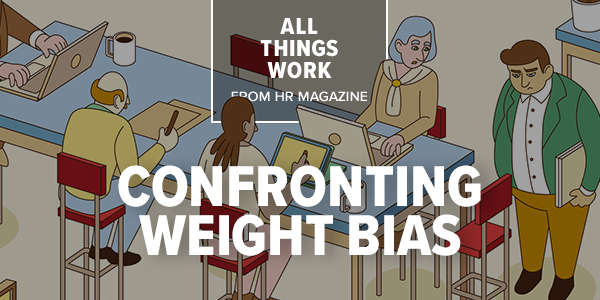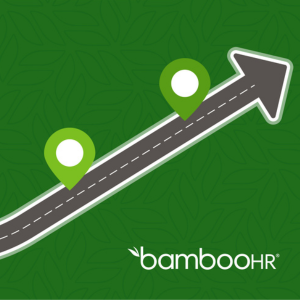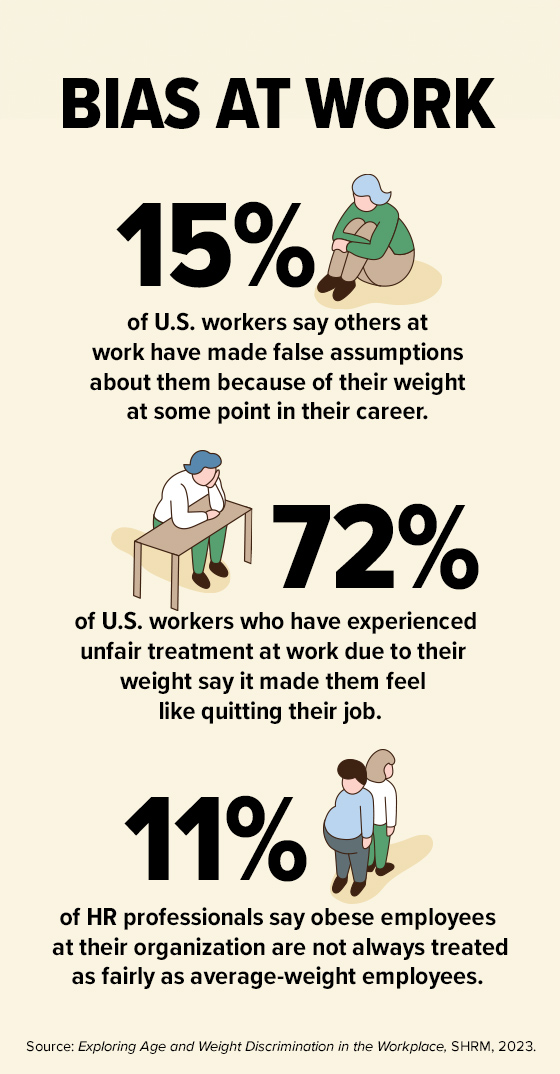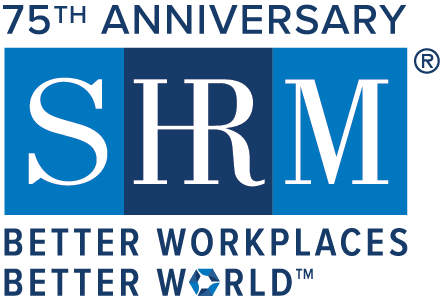When confronting weight-based bias and harassment in the workplace, there's no shortage of personal testimonies. Take, for example, Anna Burns.
Growing up, Burns' peers often mocked her body size. They made false assumptions about her intelligence and athletic ability based on her weight. The ridicule followed her into adulthood—albeit in subtler, more covert ways.
There was the time when her chief people officer openly shamed her for eating a cupcake in the office. In another job, a supervisor spoke aloud about needing to go on a diet, knowing that Burns, who proudly refers to herself as a "fat person," was in earshot.
"I've experienced weight discrimination across my lifetime, throughout different years, cities and industries," says Burns, a diversity, equity and inclusion consultant in Bridgeport, Conn. "Because it's so accepted and ingrained in our culture, anti-fat bias is the norm, and in my experience, no time, place or space is immune from it entirely."
Burns isn't alone.
More than 40 percent of U.S. adults report experiencing weight-related stigma at some point in their lives. In the workplace, this can take the form of teasing, taunting and microaggressions. Research has found that as obesity rates have risen in the U.S., so too has weight discrimination. With nearly 1 in 3 U.S. adults classified as overweight, and more than 2 in 5 meeting the clinical definition of obesity, it follows that a significant number of people in today's workforce are likely to face weight-based workplace discrimination, potentially harming their job opportunities and career advancement.




Comments
Post a Comment